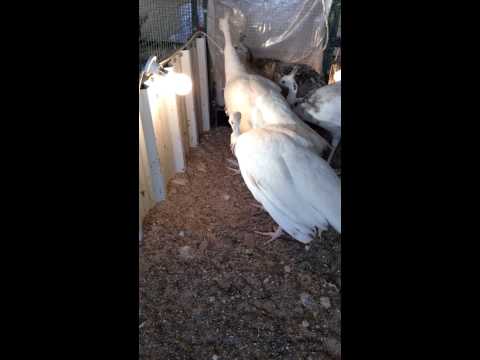- Apr 23, 2014
- 2,088
- 274
- 251

This peachick isn't active these days like before, someone told me it could be a problem of lack calcium, so i got this powder today, is that enough? And i give this powder every month, so they don't get sick again?
The video isn't really showing anything because he isn't moving, usually he jumps when i get that close!
Last edited:






